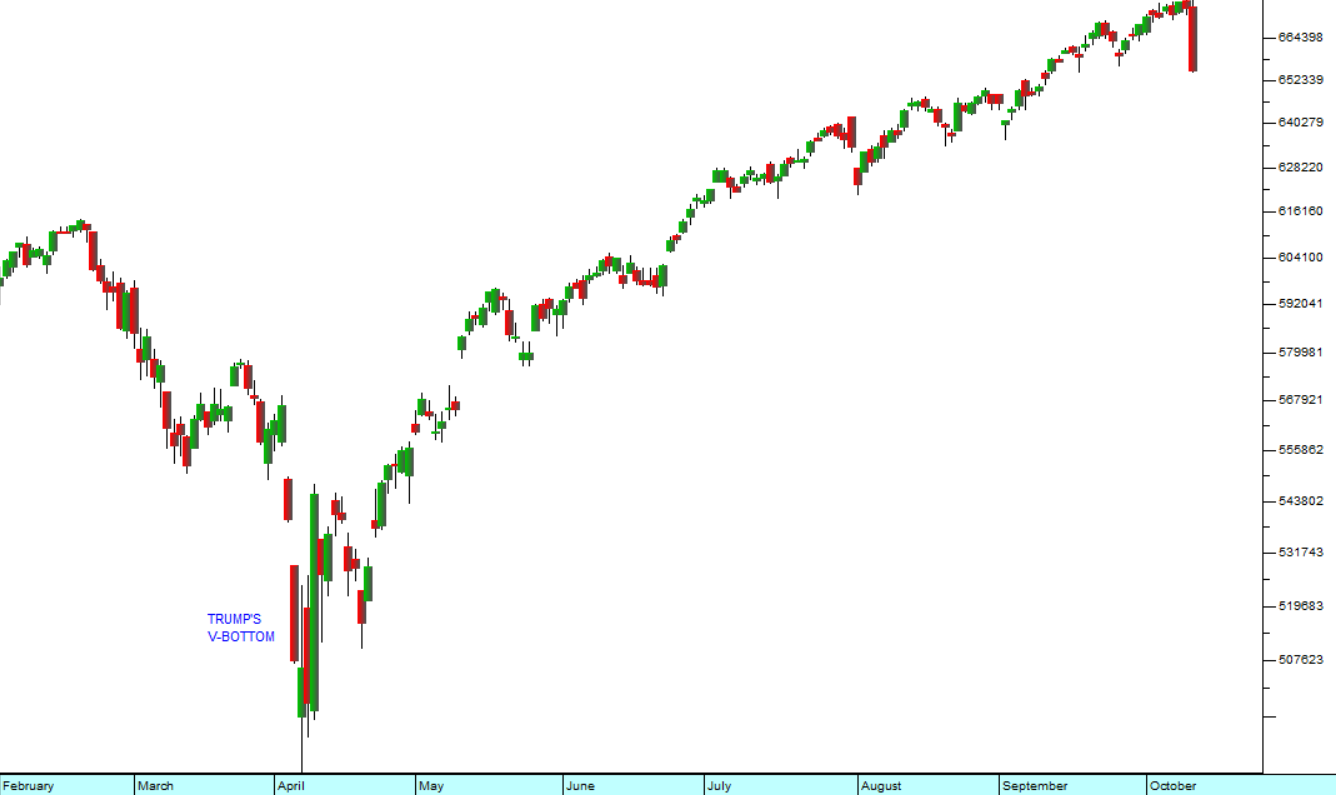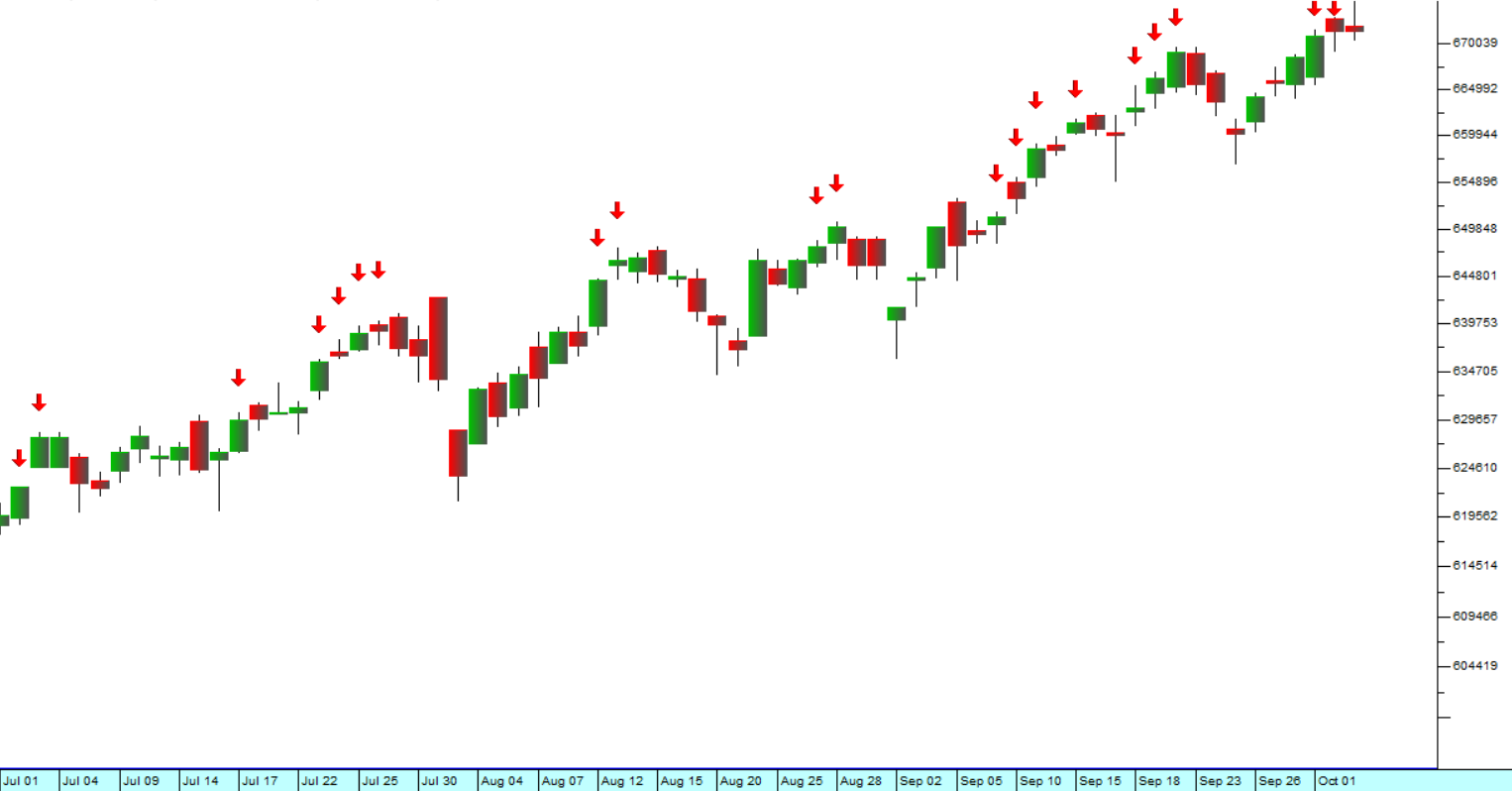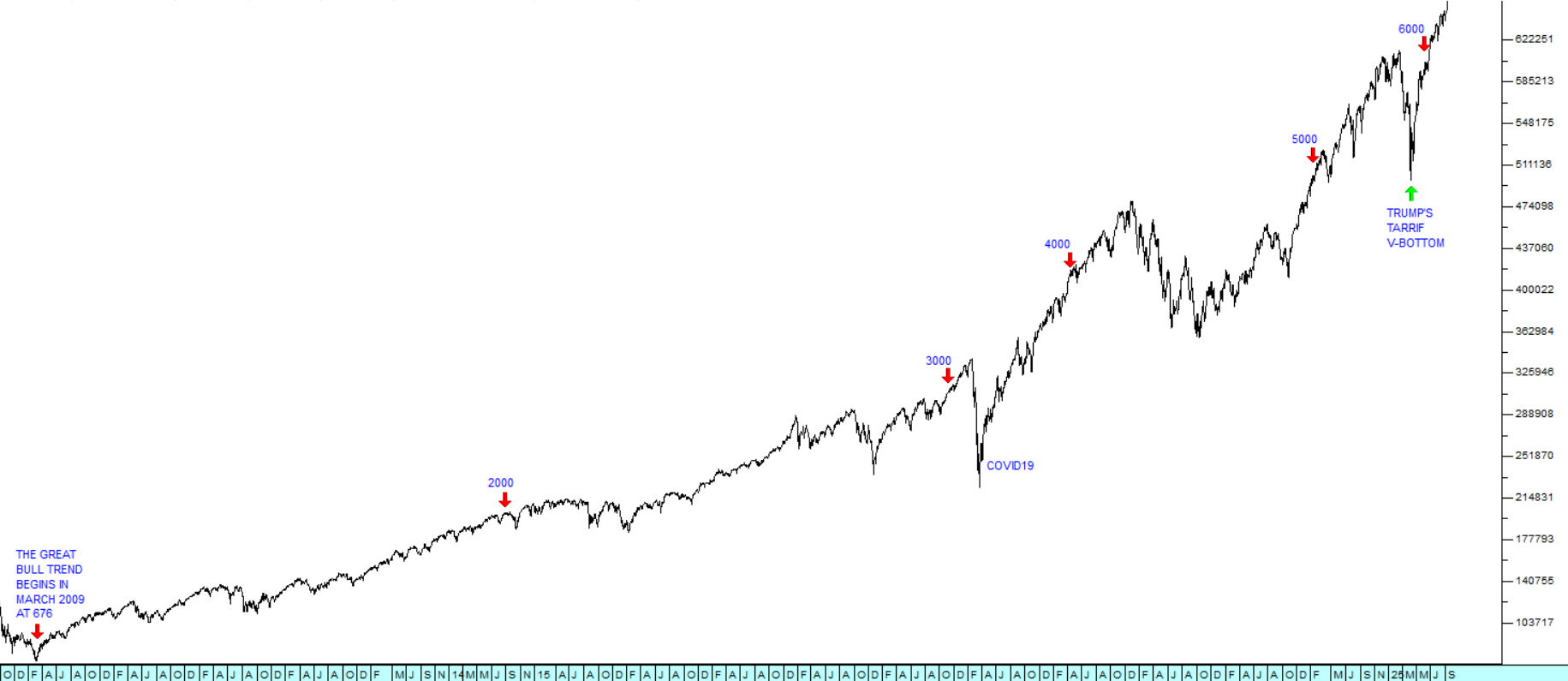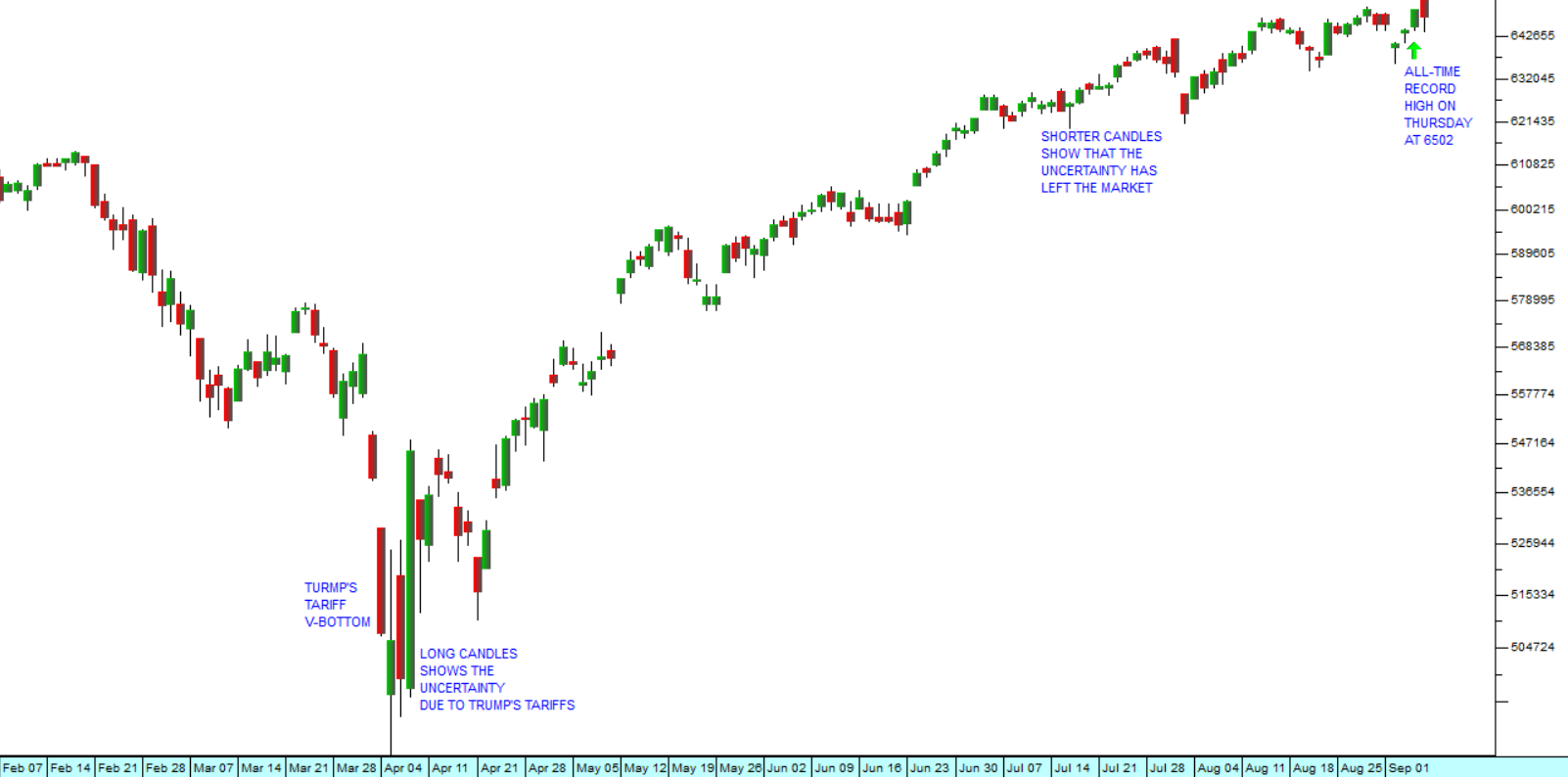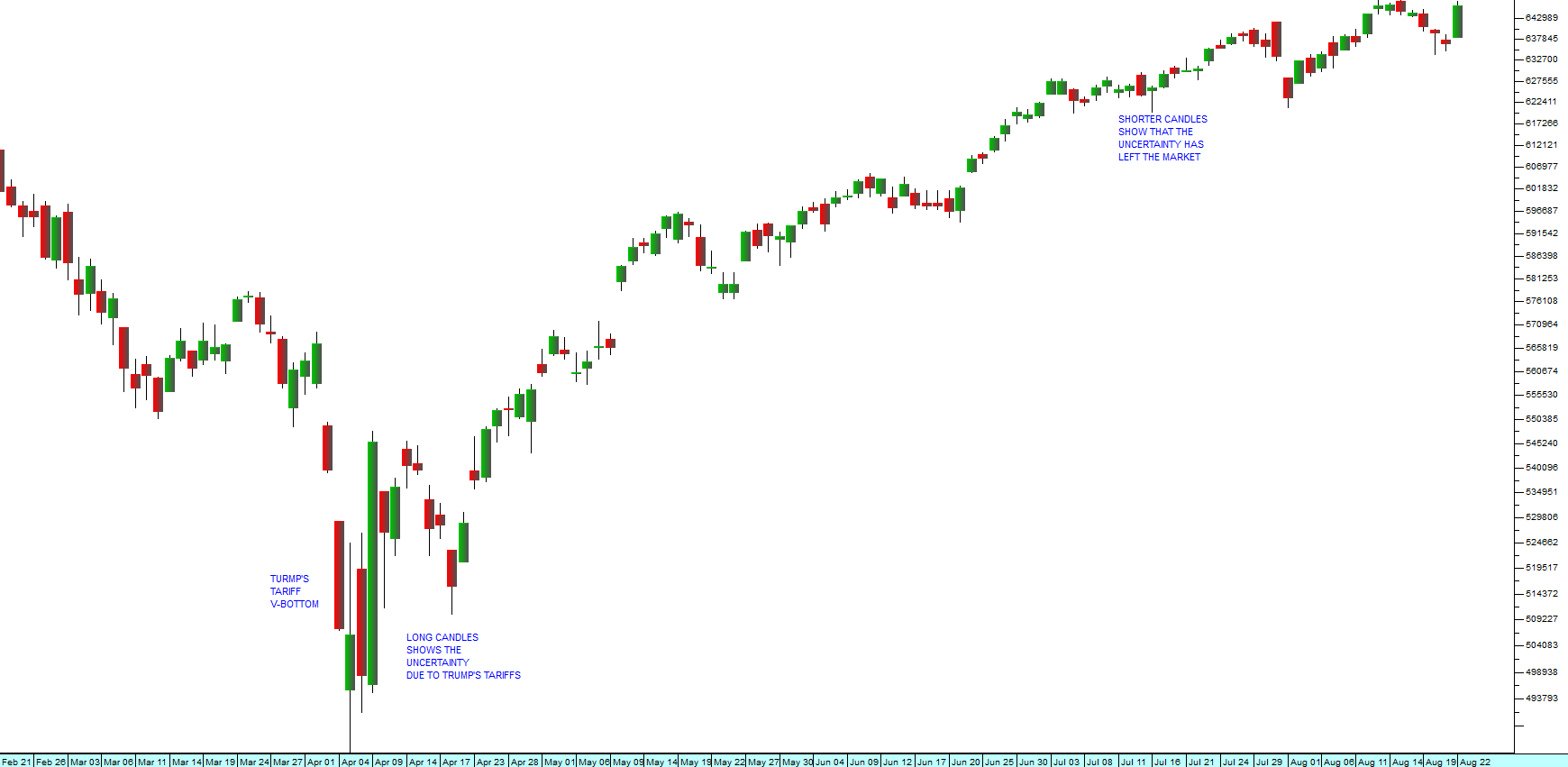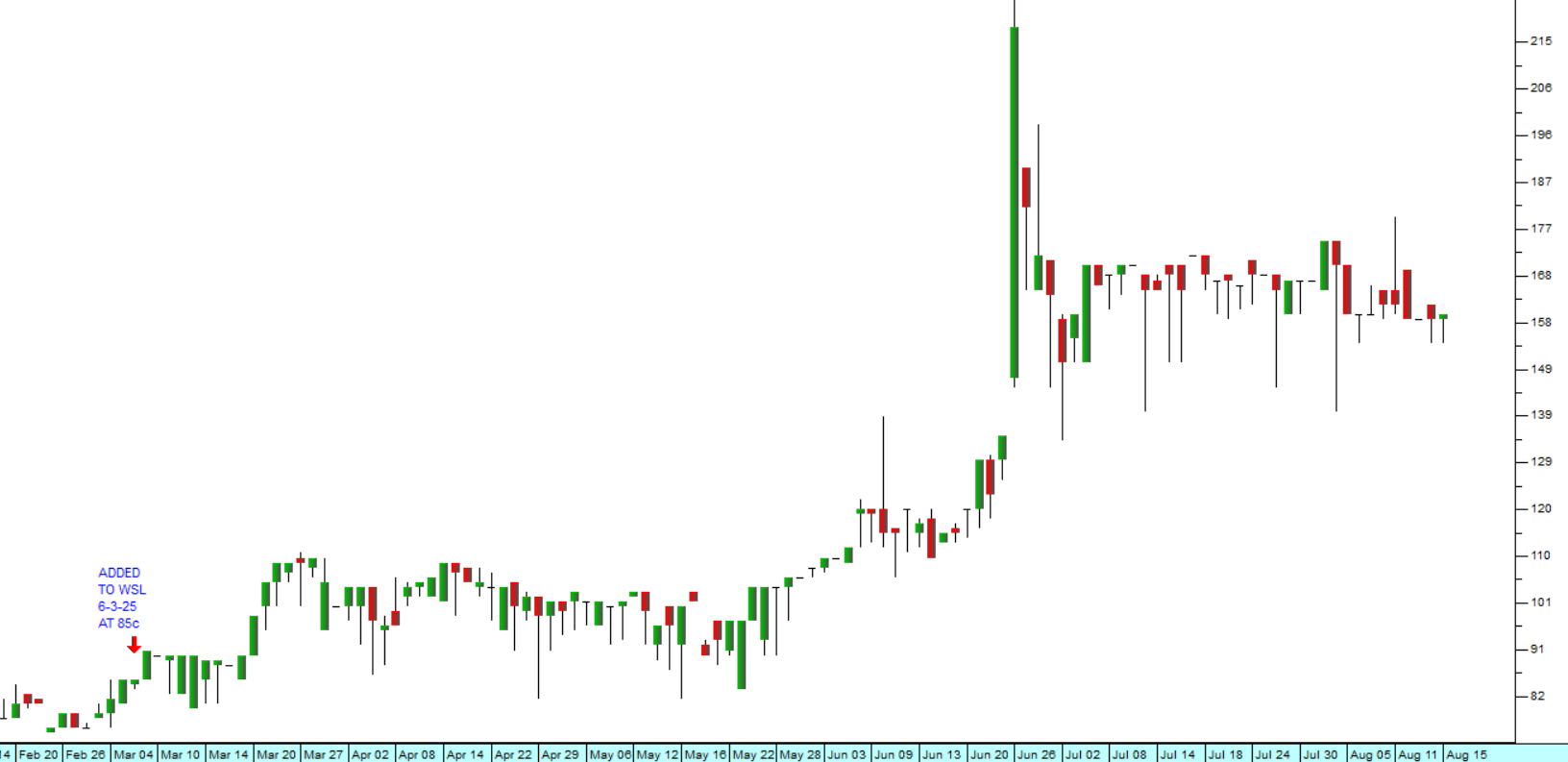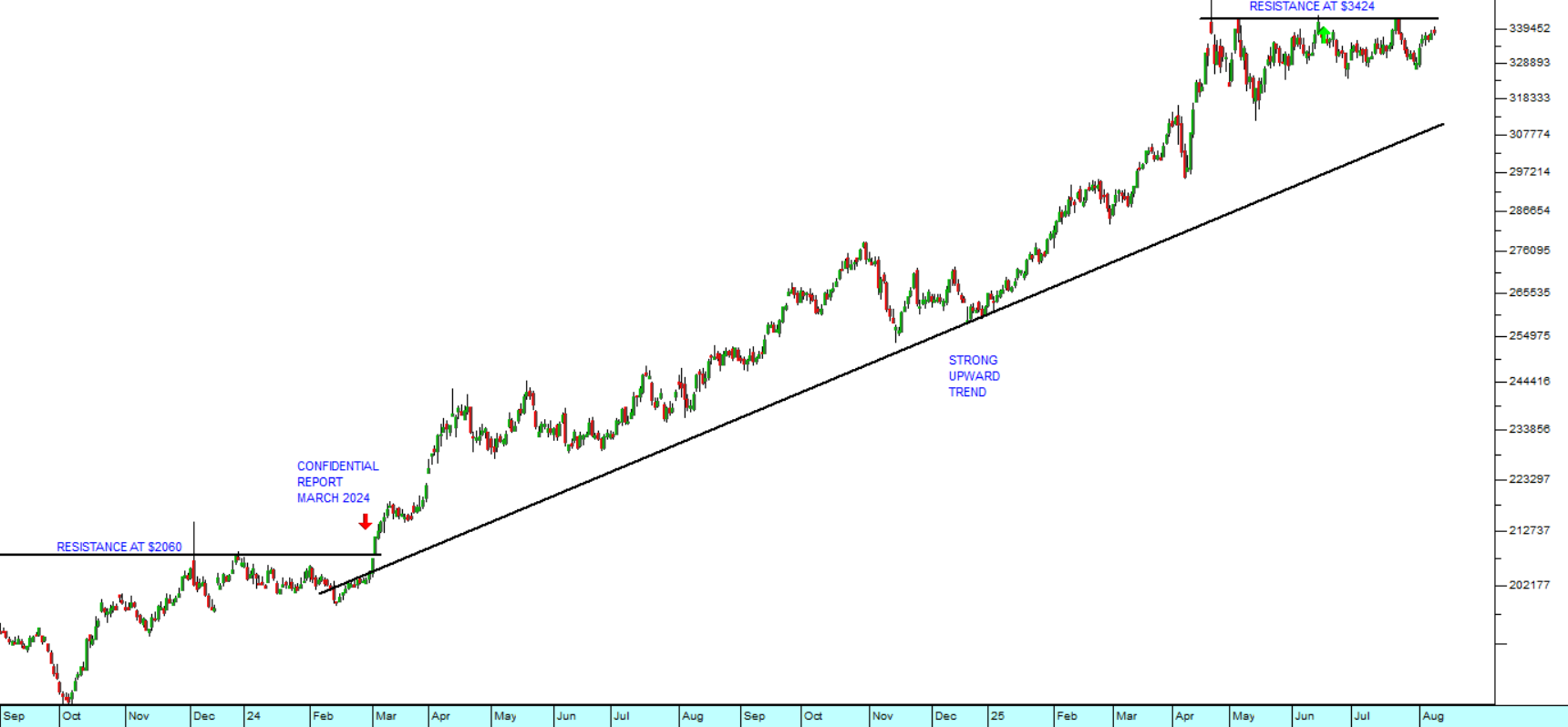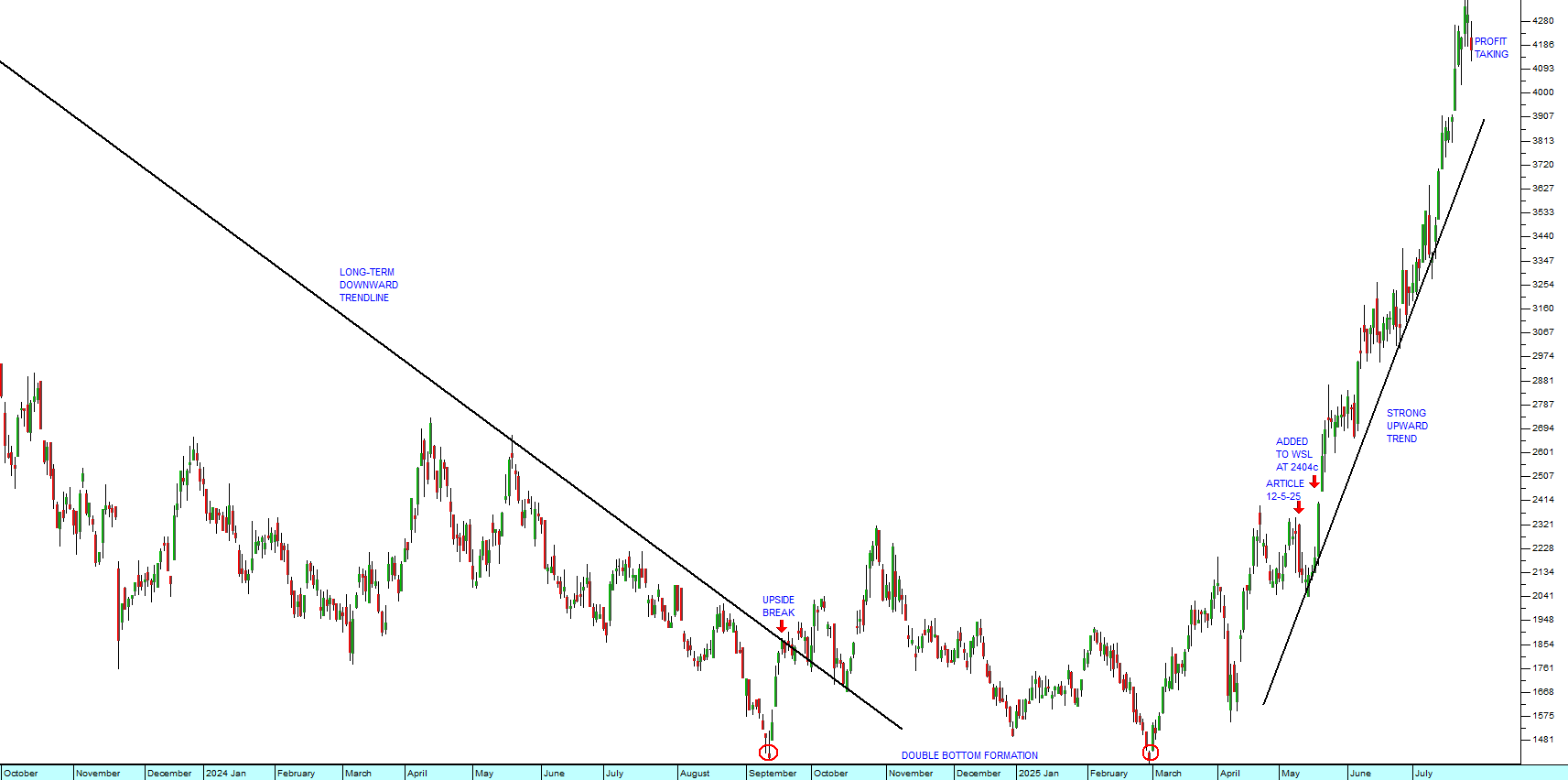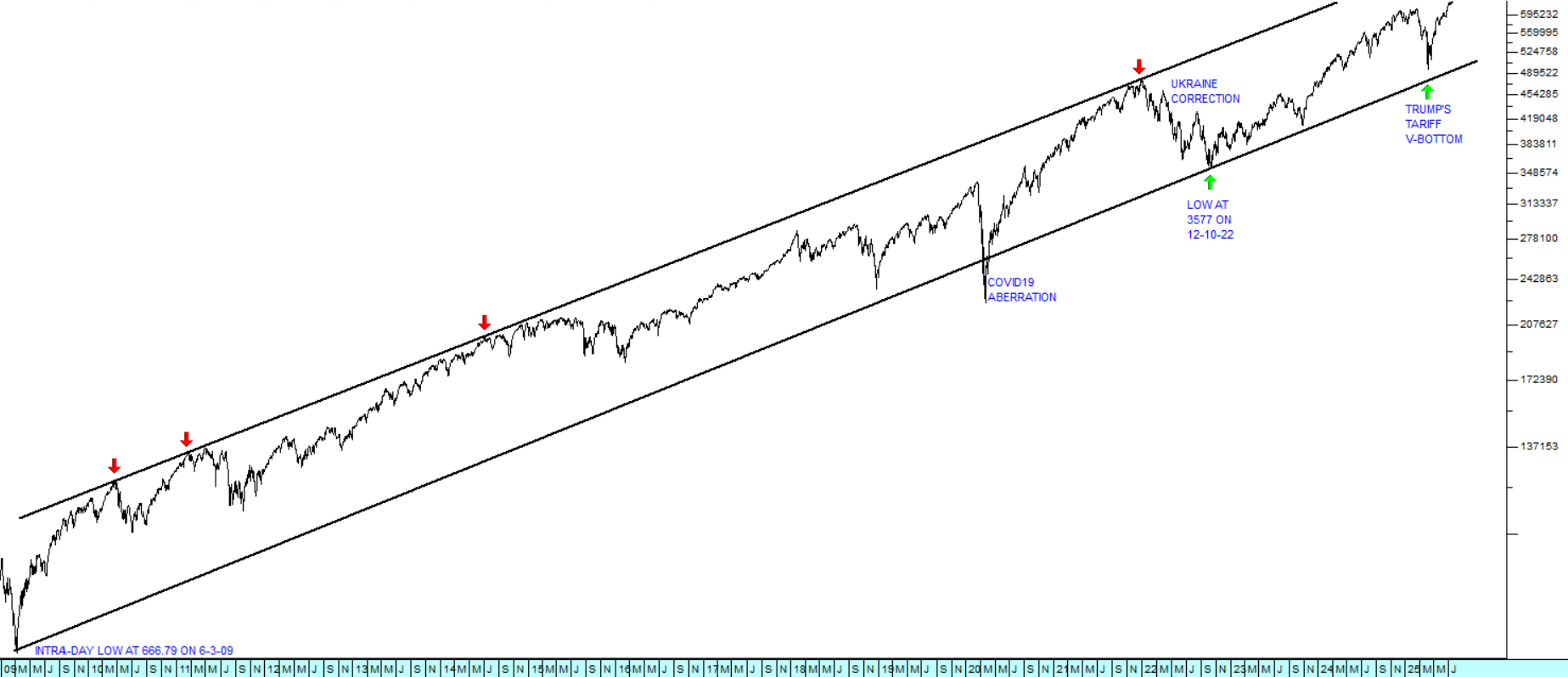Naspers
22 February 2021 By PDSNETNaspers is the largest share on the JSE with a market capitalisation of R1,67 trillion. Naspers was founded in 1915, as a printer and publisher of newspapers and magazines. It has since evolved into an international social media, entertainment and gaming company.
This share has the problem that it is undervalued in relation to the value of the assets which it owns. It is common for investment holding companies to be undervalued, but Naspers generally trades for around 50% of the value of the listed shares which it owns. Most notable is its 73% stake in Prosus (listed on the Euronext in Amsterdam) which, in turn, owns 31% of the Chinese social media and gaming giant, Tencent.
Naspers’ stake in Tencent is worth just less than a staggering R3 trillion.
The CEO of Naspers, Bob van Dijk, has been trying to close the gap between its net asset value (NAV) and its share price, which he says is the main pre-occupation of the board. Their efforts have included the splitting off of first Multichoice (MCG) listed on the JSE and subsequently the separate listing of Prosus (PRX) in Europe. The company has also undertaken the largest share buy-back in South African history (worth R82bn).
Van Dijk’s efforts have been in vain because the discount of Naspers shares to its NAV persists and has actually widened. One of the main reasons for the discount is the fact that the company maintains an out-dated “N-share" structure where the “A” ordinary shares have 1000 times the voting power of the listed “N” shares. Through this mechanism, the 961193 “A” ordinary shares have about two thirds of the voting power in the company even though they have contributed only a miniscule fraction of its capital.
In October 2018 and again in January 2020 we drew attention to the fact that Naspers represented a great investment opportunity for private investors. It has since released a considerable amount of that value into the hands of its investors with both the Multichioce and Prosus listings. We expect it to continue to find ways to unlock the value tied up in the company. So, at around R3834 per share we consider Naspers to be good value. Consider the chart:
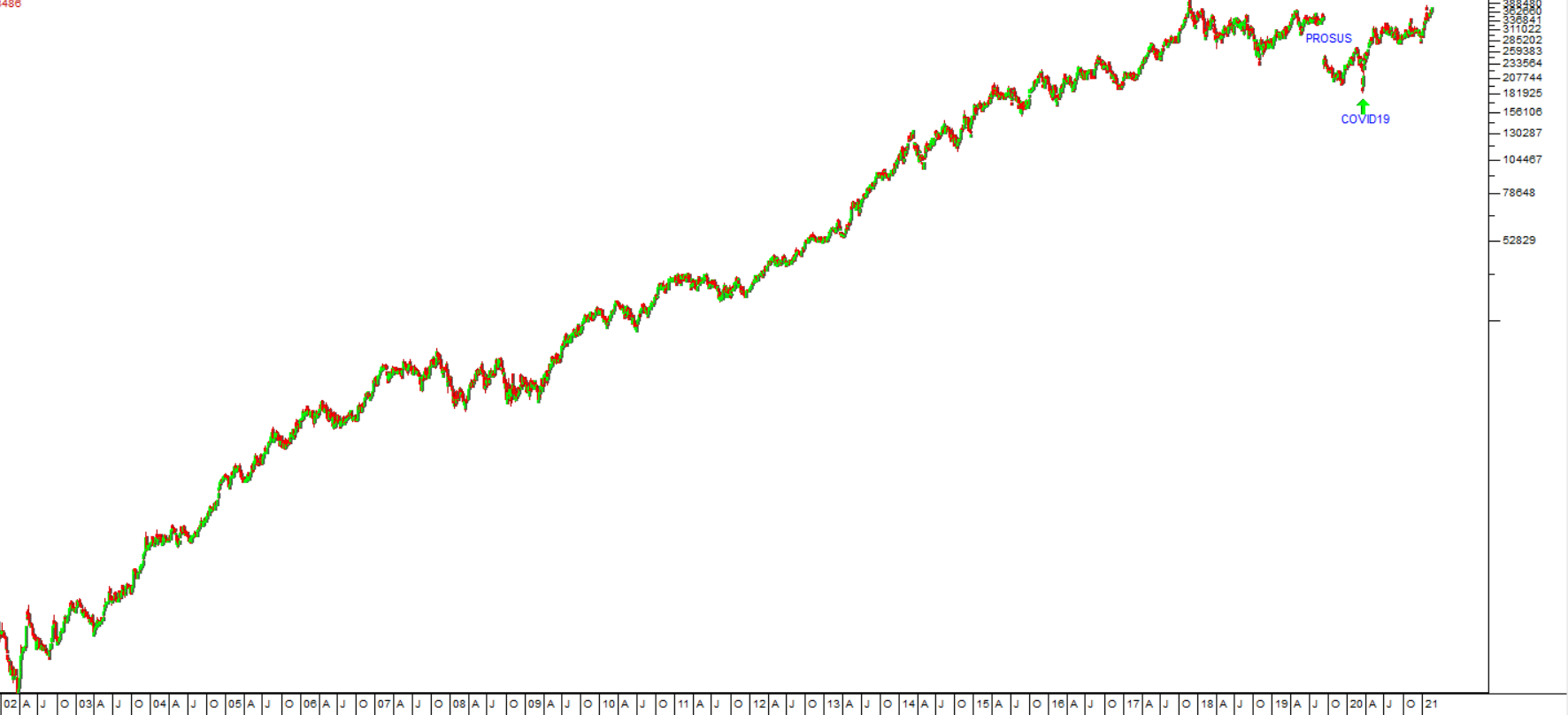
DISCLAIMER
All information and data contained within the PDSnet Articles is for informational purposes only. PDSnet makes no representations as to the accuracy, completeness, suitability, or validity, of any information, and shall not be liable for any errors, omissions, or any losses, injuries, or damages arising from its display or use. Information in the PDSnet Articles are based on the author’s opinion and experience and should not be considered professional financial investment advice. The ideas and strategies should never be used without first assessing your own personal and financial situation, or without consulting a financial professional. Thoughts and opinions will also change from time to time as more information is accumulated. PDSnet reserves the right to delete any comment or opinion for any reason.
Share this article:
